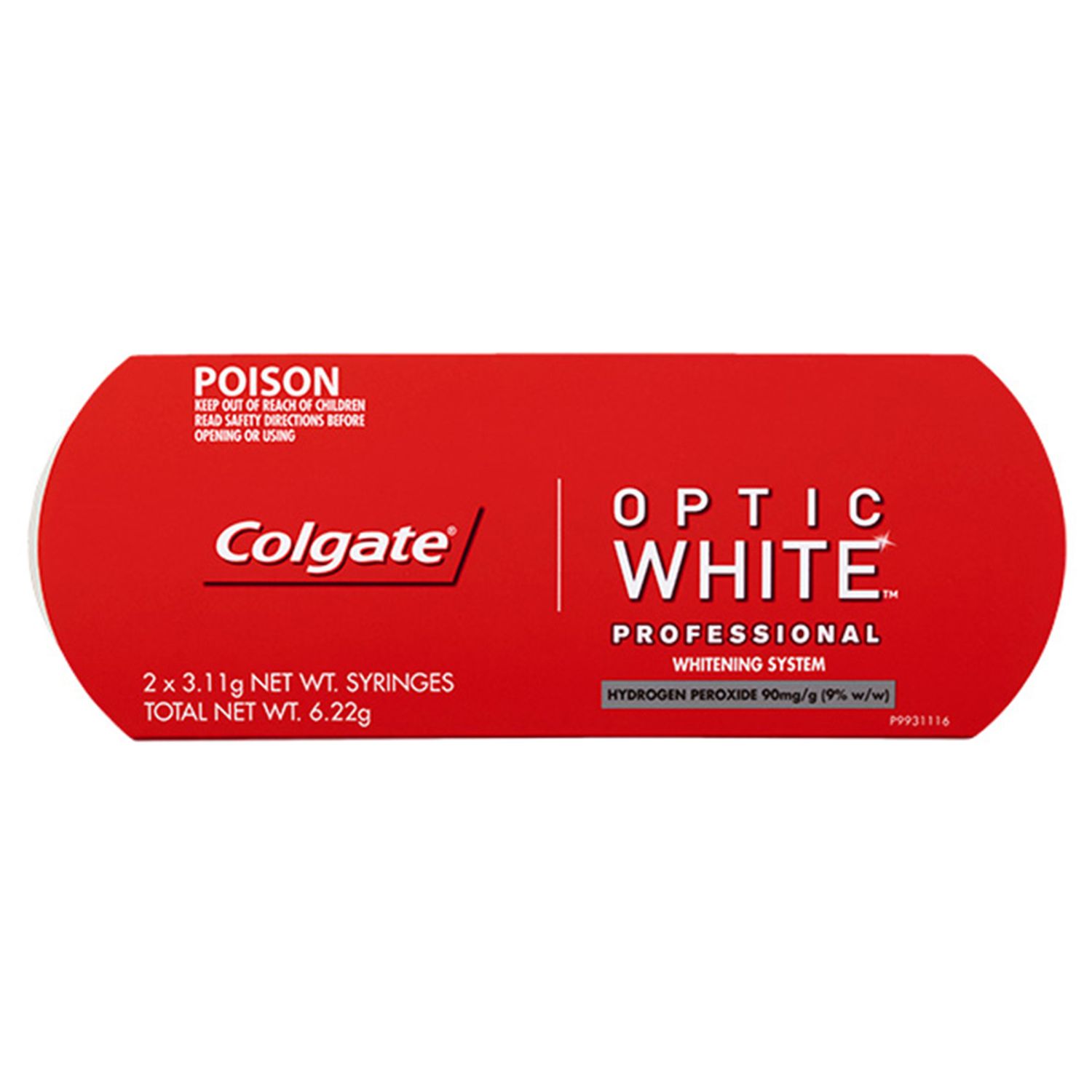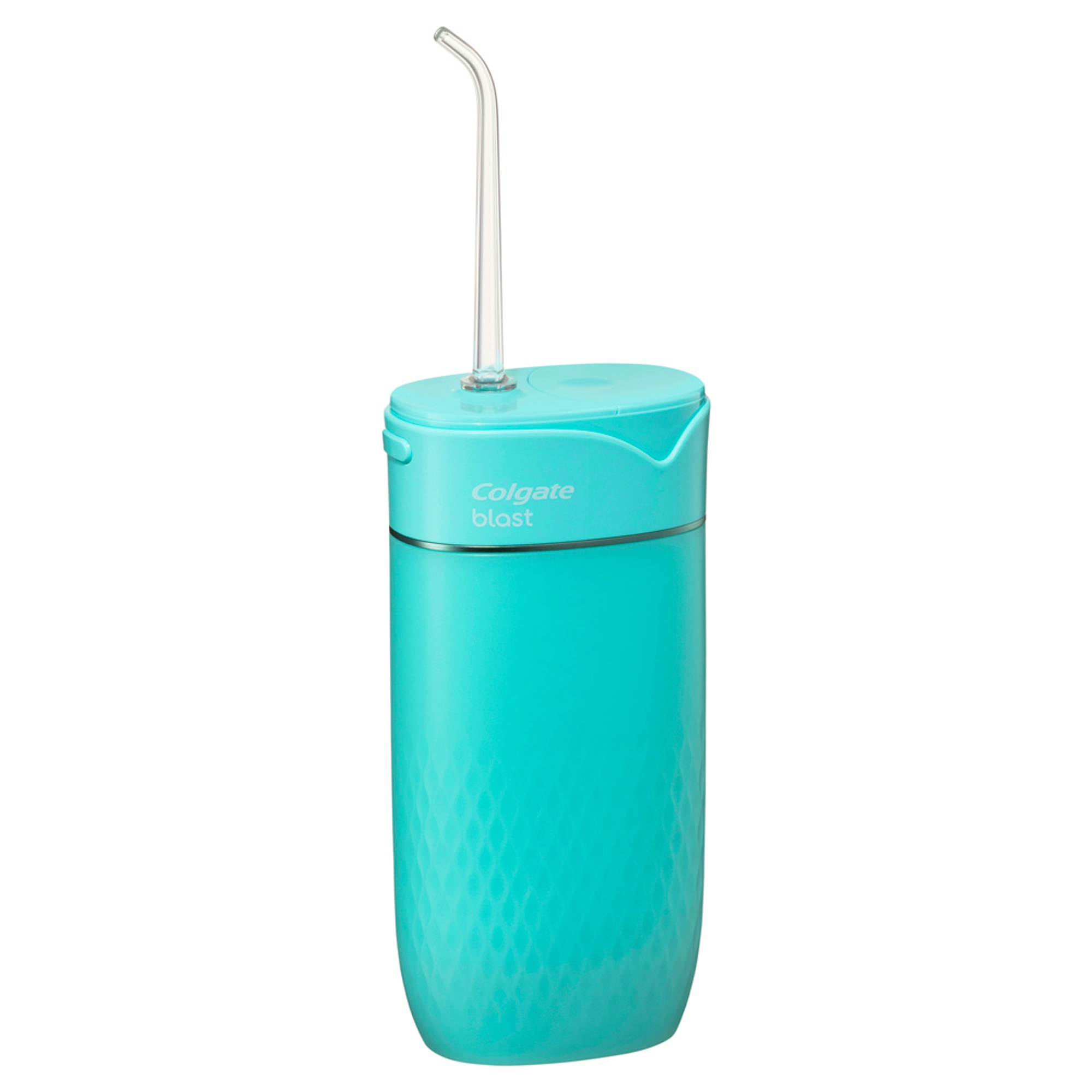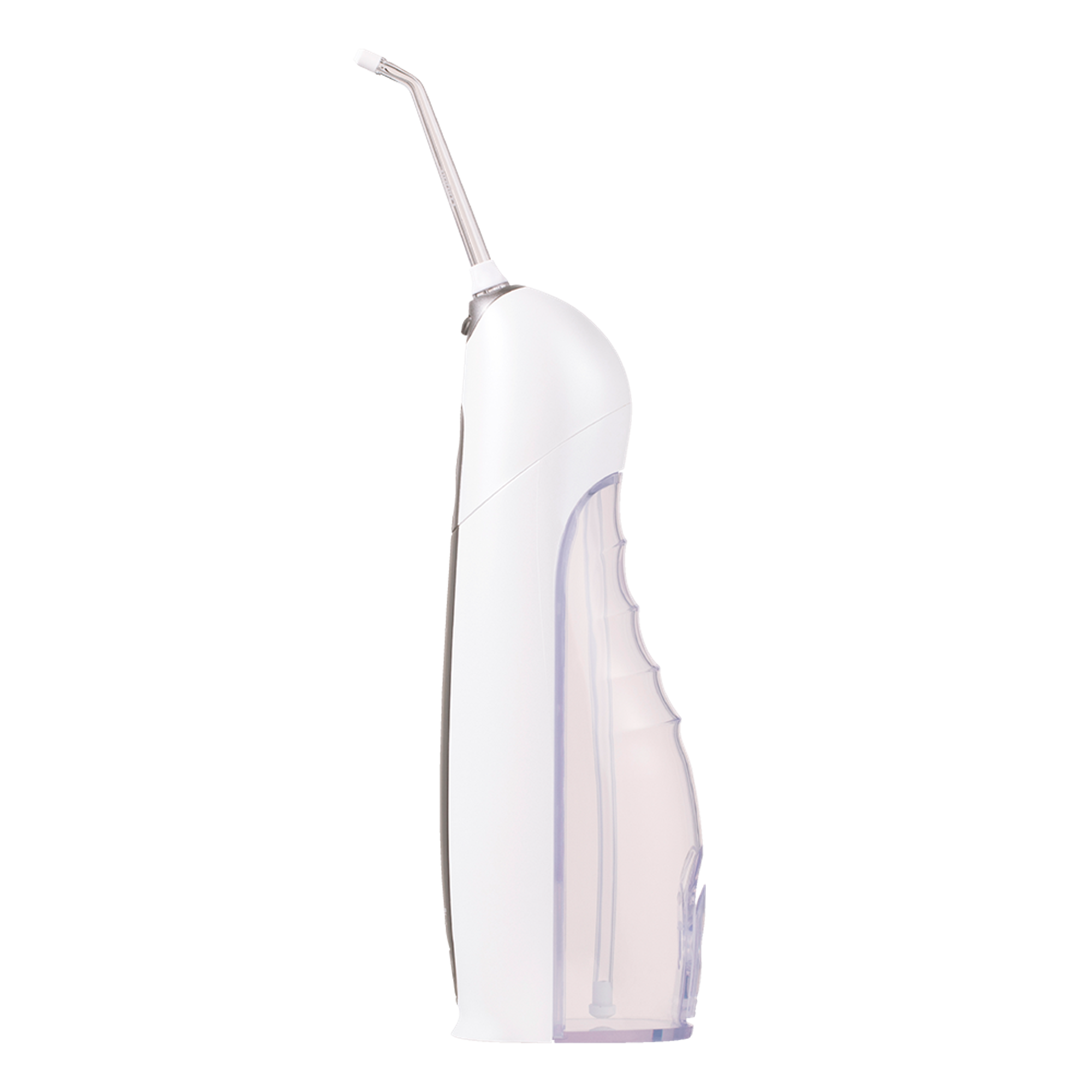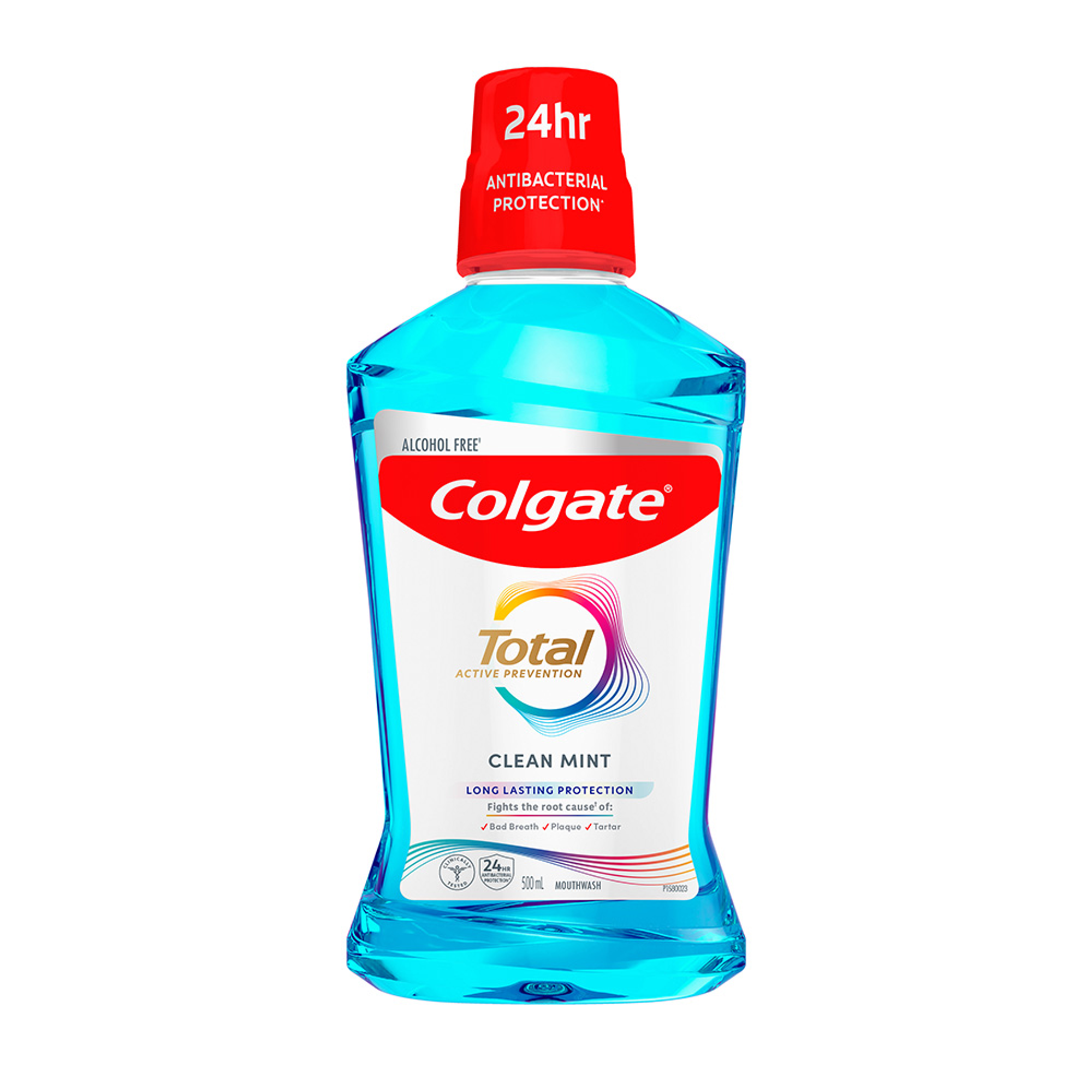
Motivational interviewing (MI) can become a powerful tool in dentistry to improve our communication skills. The oral health messages that we have to offer our patients can sometimes become monotonous and not patient-centred. MI is a counselling method which involves enhancing a patient’s inner motivation to change which is guided by four main principles represented by the acronym RULE: Resist the righting reflex; Understand the patient's own motivations; Listen with empathy; and Empower the patient.
An interview with David Price, Associate General Manager and Director of Patient Experience at Waitakere Hospital, gave some useful insight into engaging patients in change talk, avoiding the labelling trap and tapping into patients' core values. A particular focus of the interview was using motivational interviewing with children and how it compared to using MI for adults.
Is motivational interviewing different for adults and children?
It is the same approach with the application of the same principles but considering the motivations of both the child and the parent/guardian present. Children need to be recognised as health consumers in their own right and there should not be so many hurdles and gatekeepers to accessing their views and experiences of care. Children are conceptualised as a vulnerable group in need of special protection rather than consumers with a legitimate voice and their own world view. Children would like to be involved in the discussion about their treatment and given responsibility.
Patient experience research shows that children and young people who are accompanied by the parent or caregiver become two sets of customers. Oral health professionals need to have an understanding of both groups and address their needs without letting one group overpower the voice of the other. This can be challenging at times due to the conflicting views. Moreover, lack of time and resources have been used as reasons for lack of action. Investment of time and resources have been shown to have a positive impact on patient experience and consequently pays with respect to time and financial returns.
When dealing with resistance, particularly to change, how do we, with the time available, work with families and their children to begin change talk?
Listen with empathy, provide information, explore their motivations and do not push expert advice.
What are the techniques when using MI?
Open Questions, Affirmation, Reflective Listening, and Summary Reflections (OARS)
Any tips for new graduates when trying to motivate their patients?
- Continue to work on your craft – find role models amongst your peers – share experiences and case studies – reflect on what worked and what didn’t work. Remember you are not the expert – the child/parent is when it comes to understanding their own motivations. Use open questions to explore.
- To give patients a chance to voice their own views on their oral health
- Happy staff = happy patients which improves patient experience
Motivational Interviewing is an effective patient-centred, collaborative method for achieving positive behavioural change and improving oral health outcomes. MI is a brief intervention but can enhance the patient-clinician relationship. It requires reflective listening, affirmation, and recognising their reasons to change. From personal experience using MI takes time and patience, especially when working with high risk patients. It is a great tool that helps you learn more about your patients motivations and how they view their oral health. Please refer to the book below for in-depth explanations on how to incorporate MI into your daily practice.
Resource:
Carlisle, L. D. (2014). Motivational Interviewing in Dentistry: Helping people become healthier. Adjuvant New Media.
About the Author:
Christine Murthi is a new graduate from Auckland University of Technology. Prior to this she obtained qualifications in pharmacology and secondary teaching from University of Auckland. She has teaching/tutoring experience spanning more than ten years. Through this teaching experience combined with her diverse cultural background she has developed a passion for promoting diversity in clinical practice, overcoming communication barriers and connecting with the community. As a member of the Colgate Advocates for Oral Health: Editorial Community, her contributions to the dental community aim to increase interest in sustainable interprofessional practice, provide an educational perspective on the delivery of existing oral health messages and working with vulnerable communities.
Join us
Get resources, products and helpful information to give your patients a healthier future.
Join us
Get resources, products and helpful information to give your patients a healthier future.











